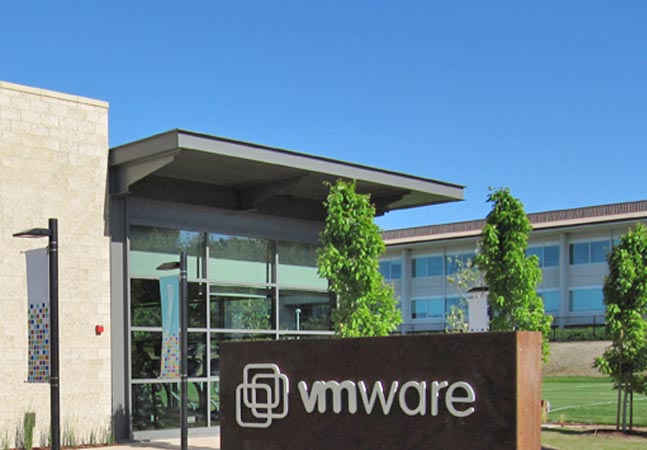
Broadcom is still dealing with widespread backlash over changes -- many affecting licensing -- made to VMware products after its acquisition of that company, but some critics and users met recent announcements with skepticism and derision.

Like many other industry sectors, healthcare execs see advanced AI as kind of a double-edged sword, being a top priority while also a significant challenge.
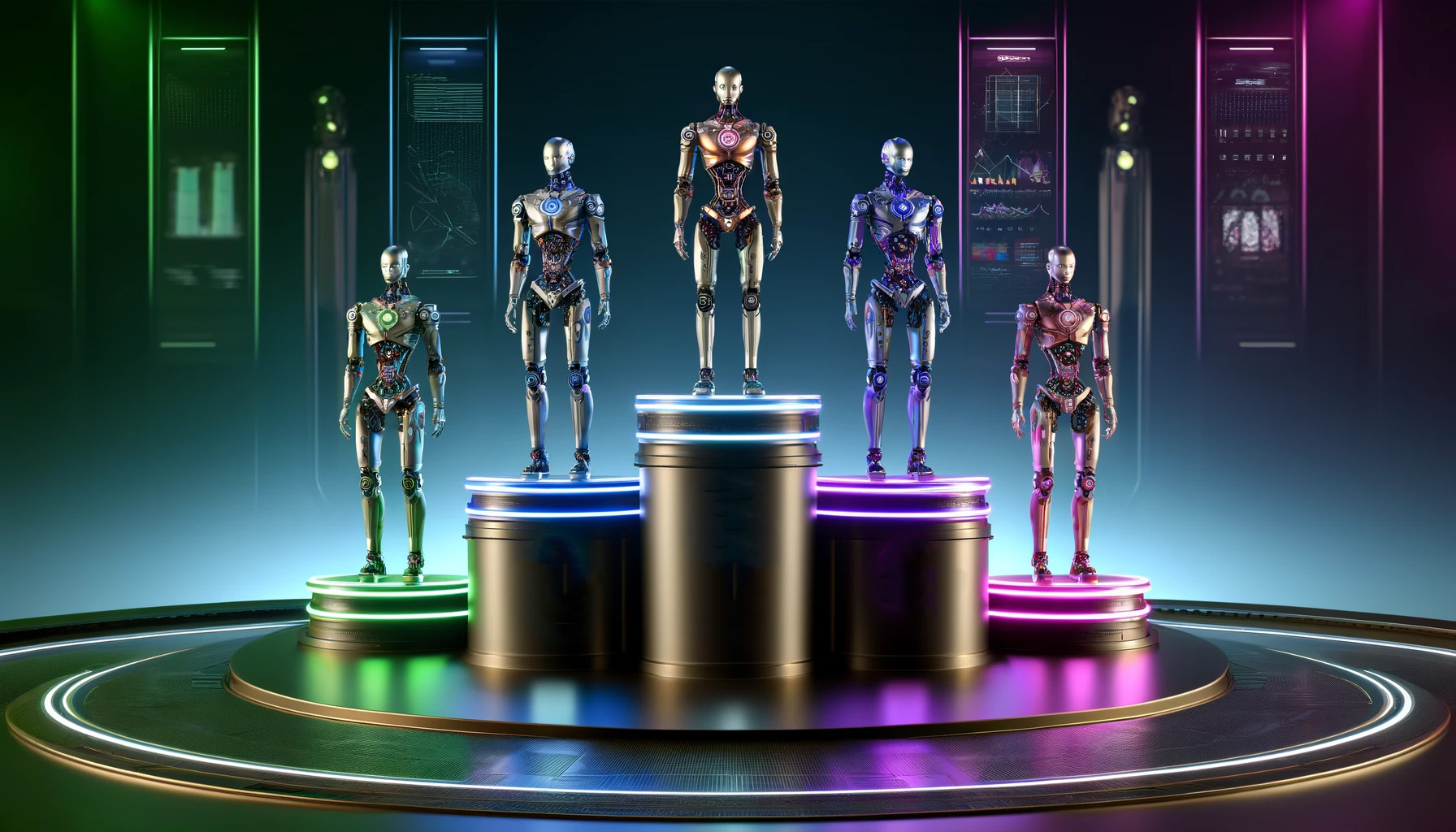
Reported high performance of the open model is rare, as the generative AI space has been dominated by proprietary models that typically outperform open-source models,
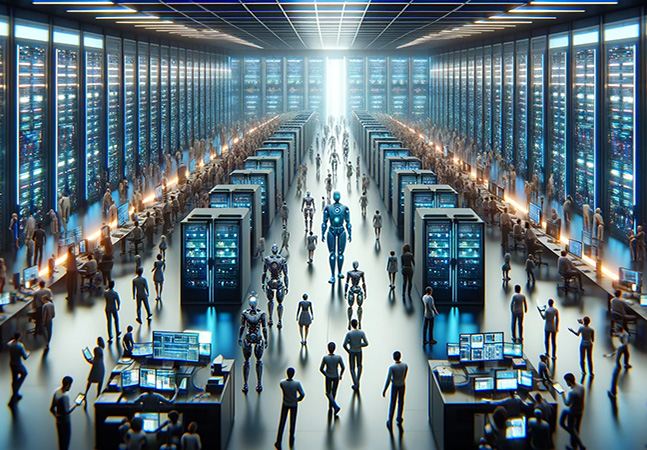
A new AI/data platform stemming from open source champion Linux Foundation has been launched, yet another effort to "democratize" AI tech.

Qdrant is packaging its open-source vector database tech into its new Hybrid Cloud, a managed service deployable into any environment -- cloud, on-premises or edge -- to boost enterprise AI initiatives.

A new AI report reveals closed-source foundation models outperform their open-source counterparts by a significant margin, thanks to training that can cost up to an estimated $191 million.

The brand-new coding assistant from Google compares nicely with GitHub Copilot. Here's how to get started.

Google Cloud announced a new AI-powered coding assistant to challenge Microsoft's original "AI pair programmer," GitHub Copilot.

A new report on the state of AI and security indicates security pros express "cautious optimism" about AI helping them out, while not being too concerned about being replaced by said AI.
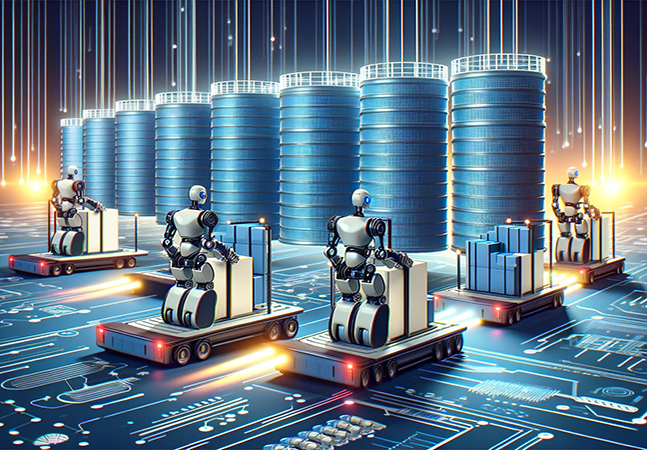
Study "found that nearly every organization experiences challenges when implementing artificial intelligence (AI), with the top challenge being issues with data quality."

The process of setting up a logon notification is more involved than what you might reasonably expect, but Brien shows the way.

After a series of articles on the enterprise-grade Tailscale VPN whose free version suits his needs just fine, Tom demonstrate his quick-and-easy process of utilizing the VPN on a home network-attached storage setup.

Cloud security specialist Zscaler says enterprises must both securely enable AI productivity tools and also leverage AI to defend against new AI-driven threats.

Tom continues to be impressed by Tailscale, which saved his skiiing trip when a co-worker urgently needed some files from his home server.

After using the private preview of Exposure Management for some months, Paul outlines what it does, why you should care and raises some still unanswered questions.
- By Paul Schnackenburg
- 03/25/2024
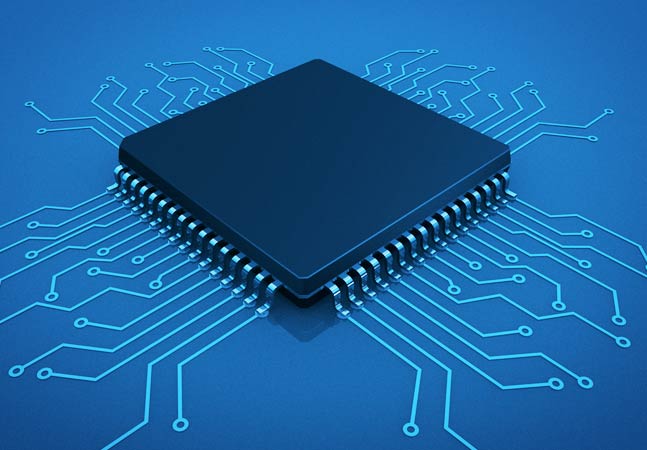
Tom and a friend come up with an exciting proposition: Could the Moonstone NUC replace one of the Dell R630 servers in his lab rack?

Of course it was all about generative AI at NVIDIA's GTC event this week, but amid the AI buzz came news about a cloud service for another (possible) game-changing technology, quantum computing.

Google introduced a new cloud security offering that melds the cloud giant's AI-powered SecOps tech with Mandiant's on-call human threat experts.

Tom sets up remote access to his home lab, adds Linux and cloud devices, explores Tailscale's features and technology -- and really likes what he sees.

Following fellow "Big 3" cloud giants AWS and Google Cloud, Microsoft this week announced its Azure cloud computing platform will no longer charge data egress fees for data leaving its cloud.